Healthier electronic waste recycling
The project aimed to provide 200 e-waste recyclers at the Agbogbloshie scrap metal site in Accra with mechanical wire strippers. The technique was to create a triple advantage: increased incomes, job creation and improved health for the workers and the neighbouring communities, by avoiding the toxic fumes from cable burning.
180 wire recyclers were trained. The adoption of the mechanical wire stripper increased the recyclers’ income thanks to the sale of better quality copper, an essential element in changing behaviours. More than 6.8 tons of cables were processed in nine months (2.3 tons planned) and 10 jobs were created to operate the equipment. The project reduced CO2 emissions by 3 tons and hydrochloric acid emissions by 1.2 tons. Two companies expressed interest in recuperating the plastics, shredded and compacted by a machine at the site, to ensure local recycling. The government adopted in December 2016 a law aiming to monitor the import and treatment of e-waste. The dialogue with the Health Protection Agency was ongoing relative to the site’s role as a model recycling and training centre.
Pure Earth (previously Blacksmith Institute) is an American international non-profit. Its mission is to develop and implement solutions for pollution-related problems in middle and low-income countries.
Type
Environment / HealthDuration
October 2014 - September 2017Location
Accra / GhanaWith whom
Pure Earth (formerly Blacksmith Institute)
Website

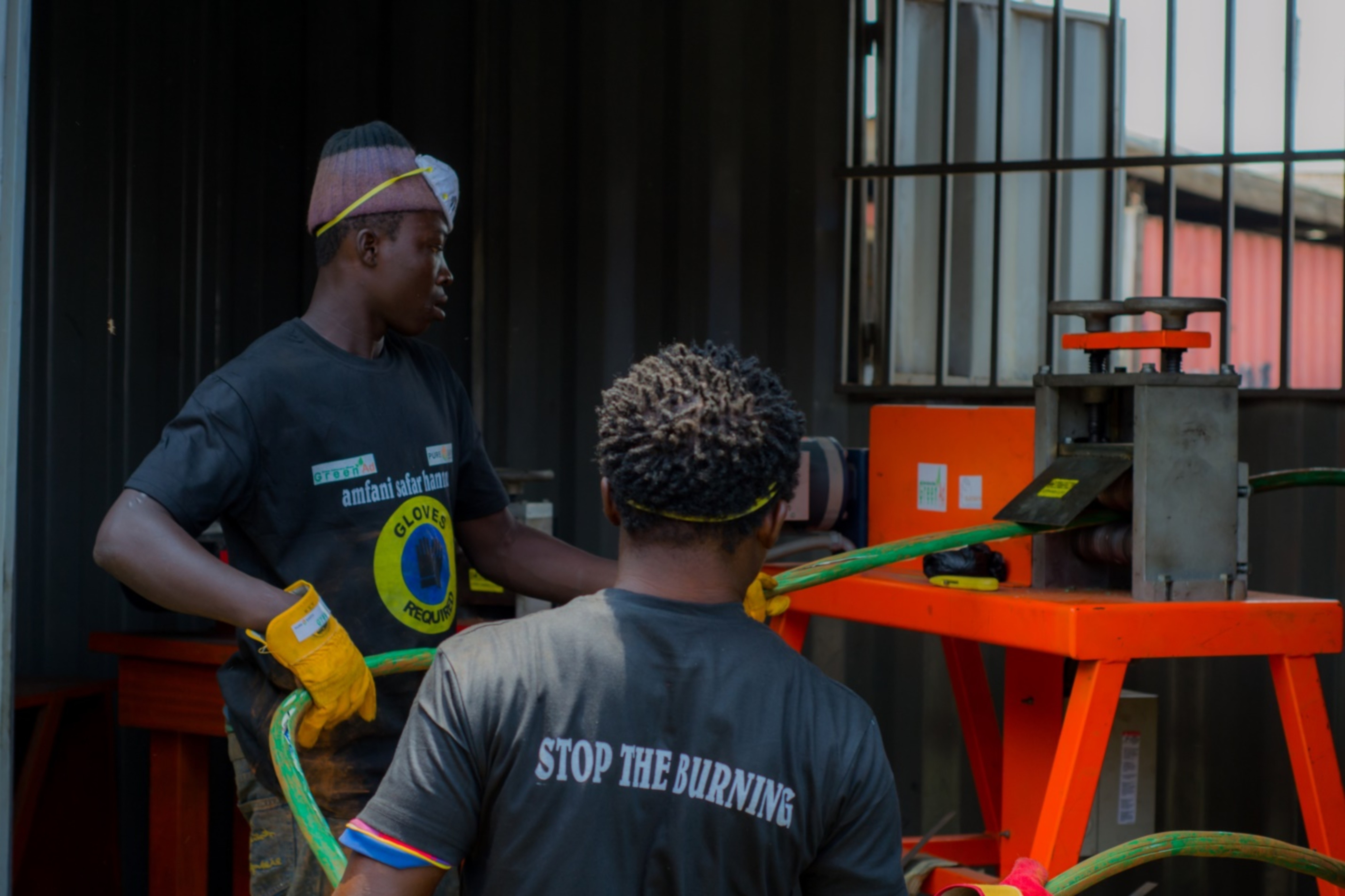
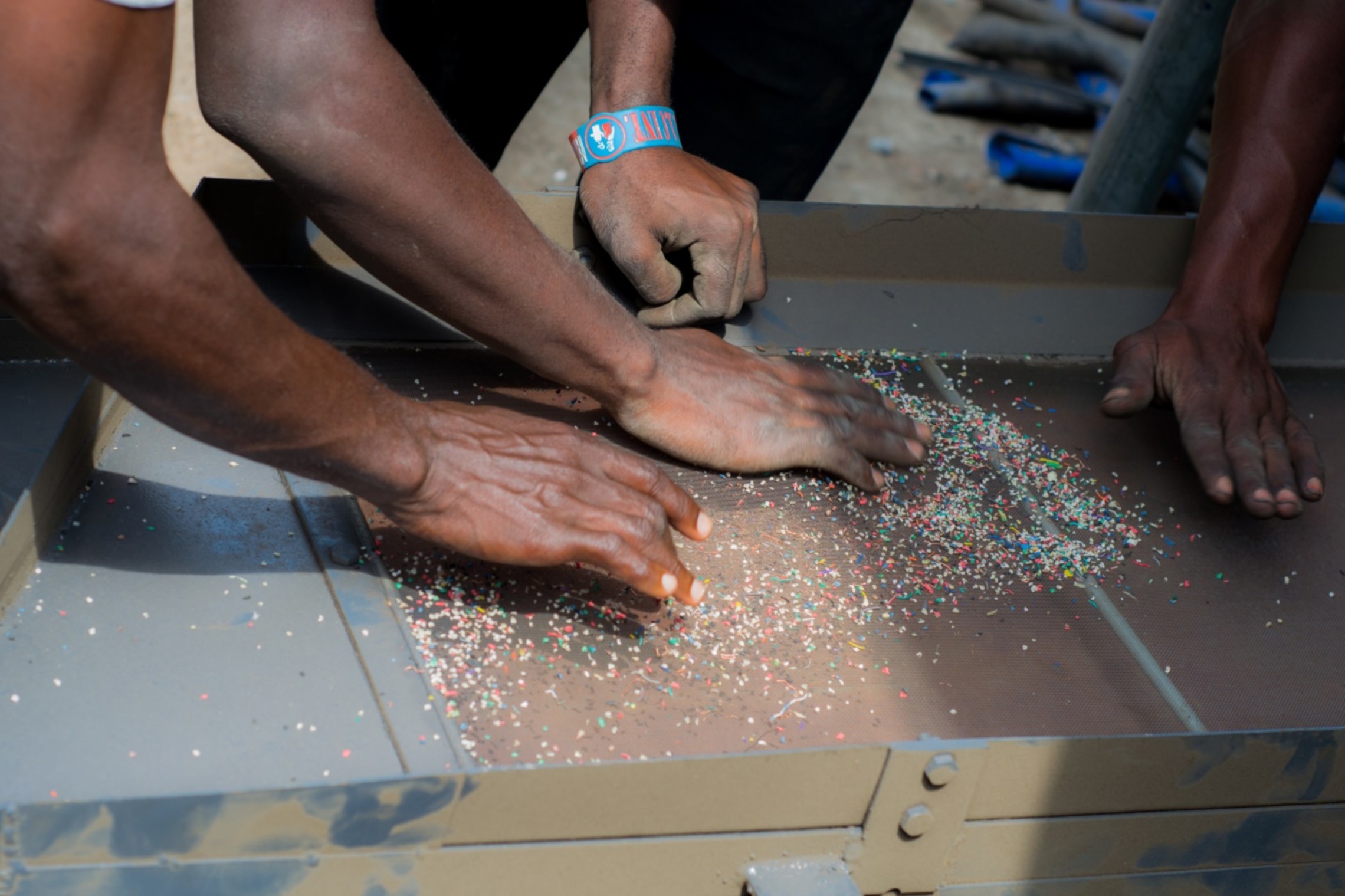
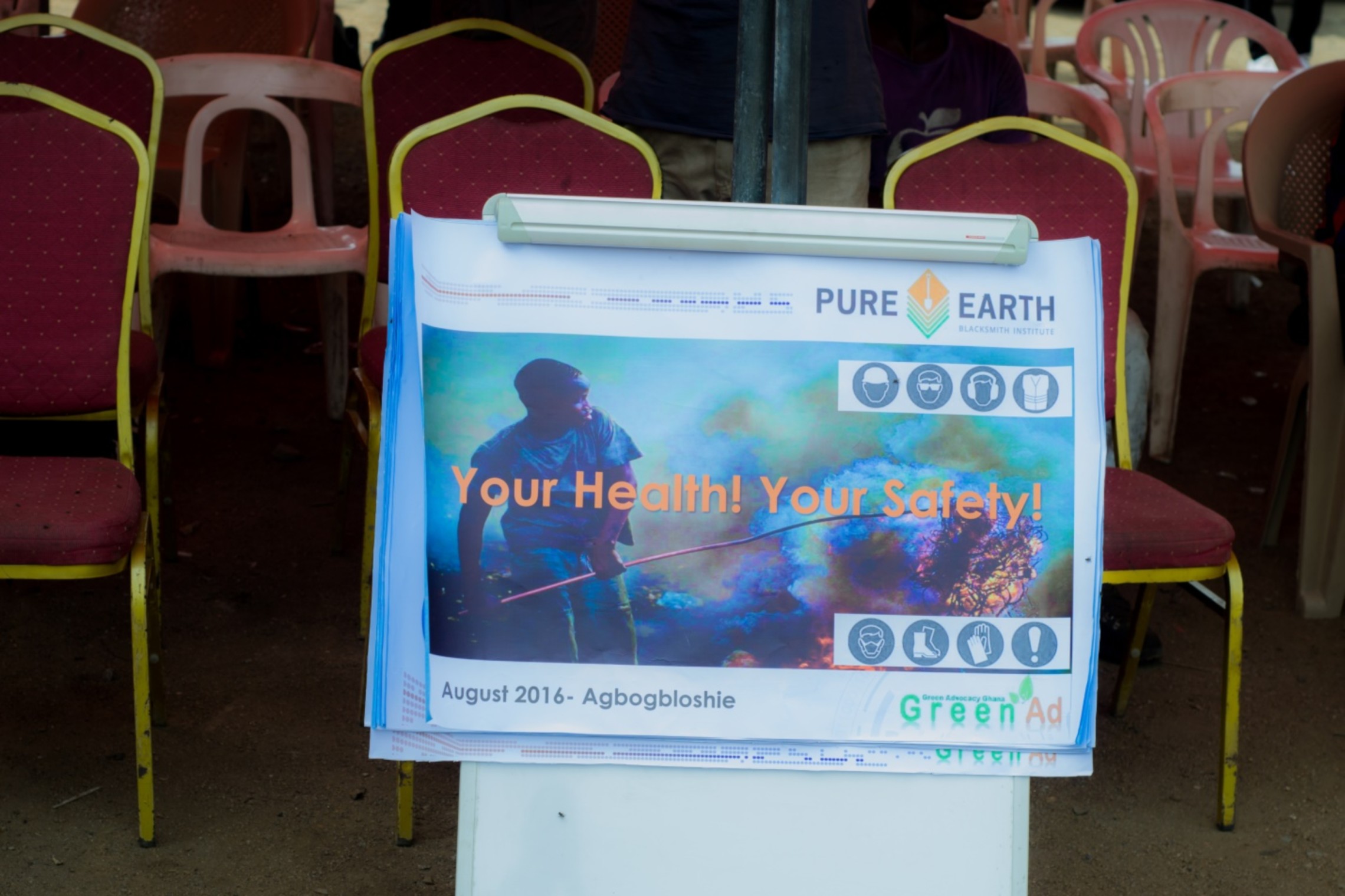
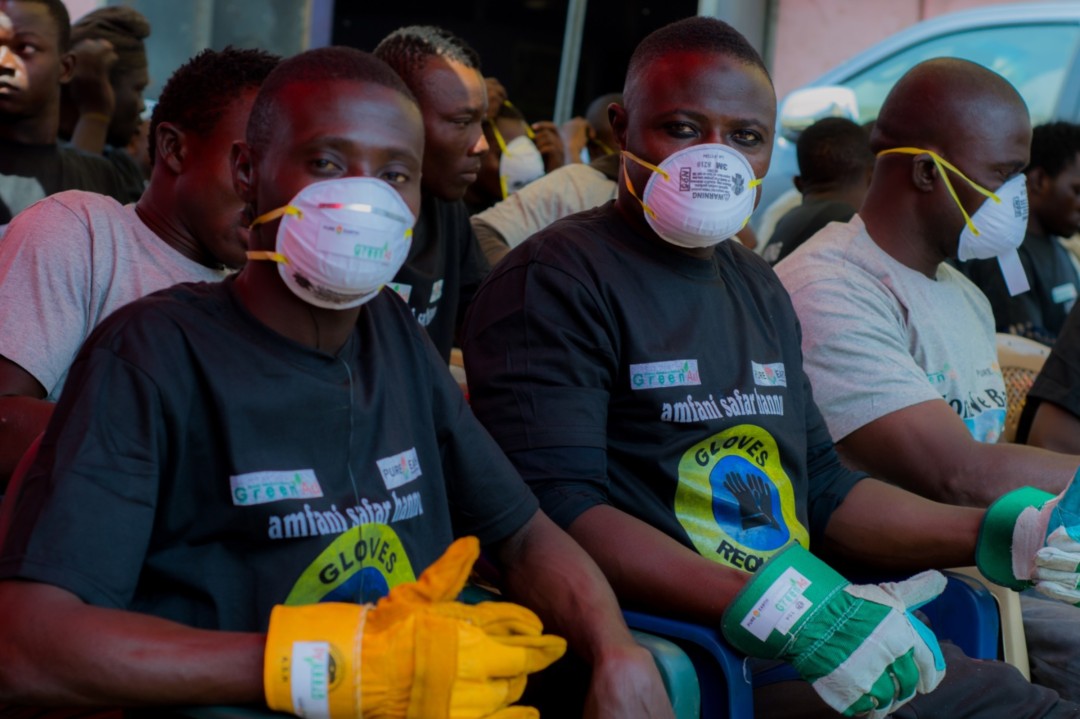
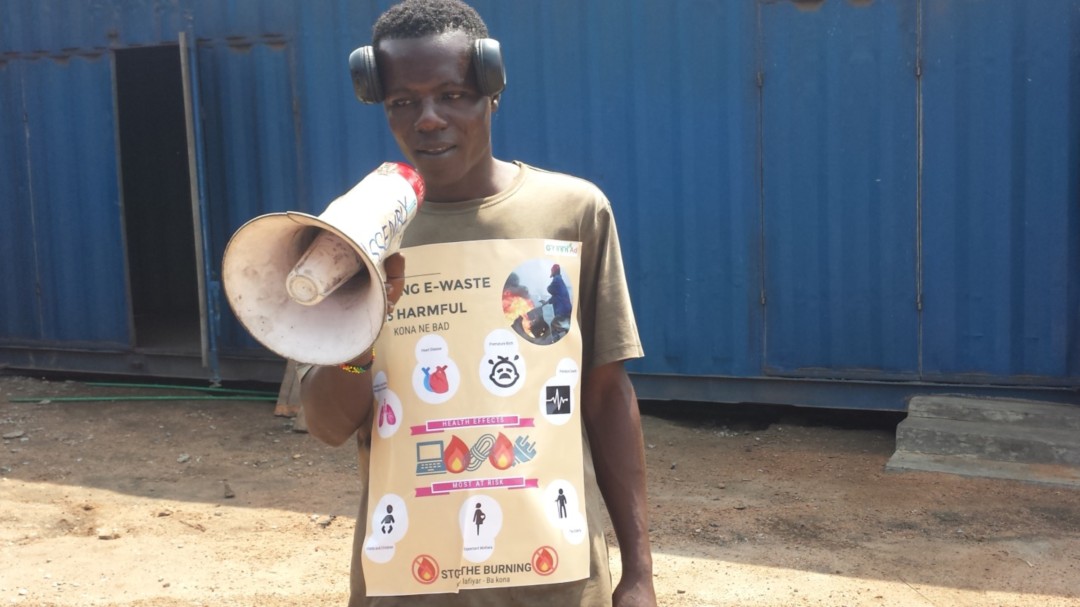

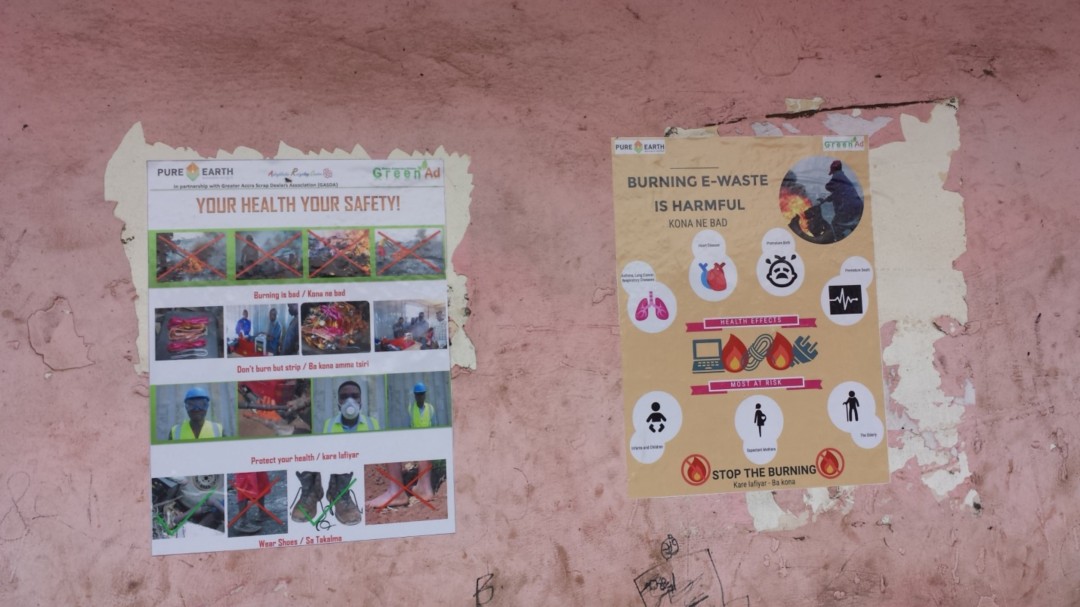
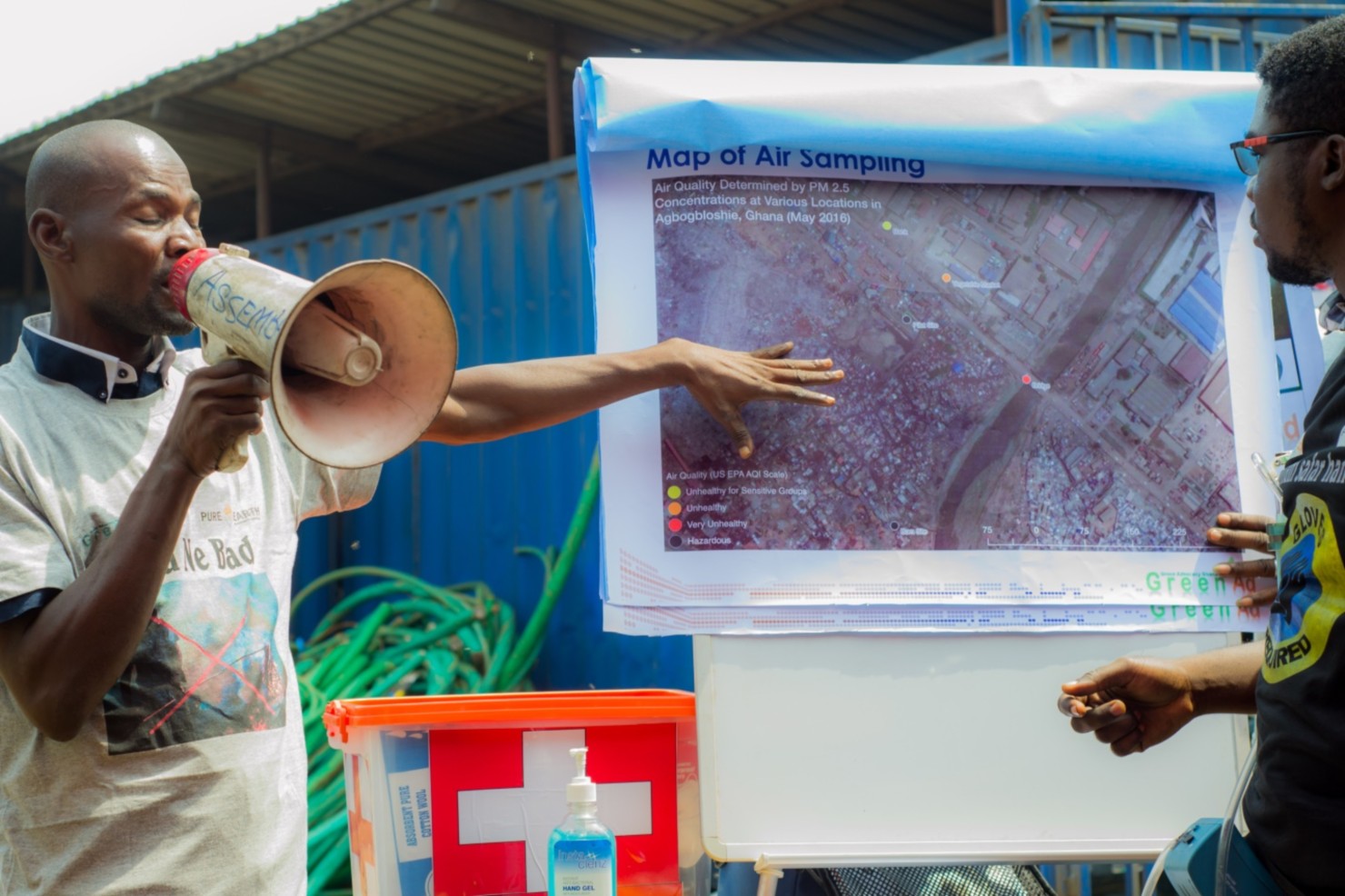
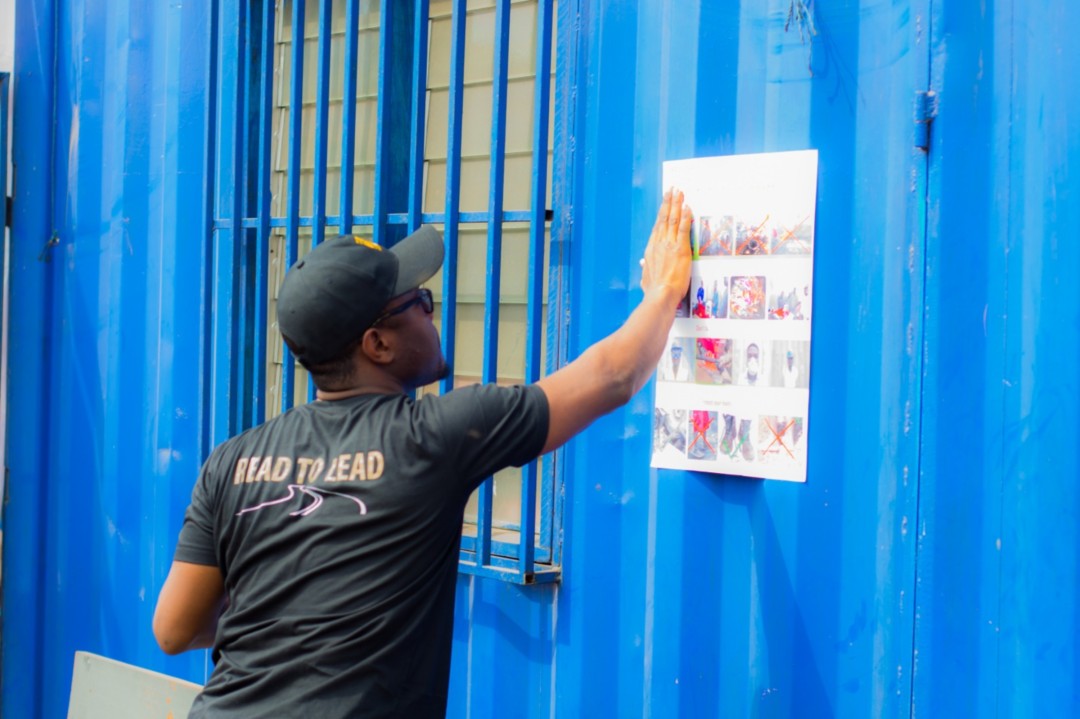
Ghana
Population
28.8 million (2017)
Per Capita Income
USD 1'880/year (2017)
Poverty rate *
23% (2017)
Literacy rate
71% (2016)
Human Development Index
140th out of 189 countries (2018)
Renowned for its stability and democratic governance Ghana has made great progress over the past 20 years in reducing poverty and hunger among its population. Its economy is growing ahead of the average for the Africa region. This is reflected in gradual improvements in the efficiency of public institutions. Although primary school enrolment has reached 100 %, secondary school enrolment lags at 60% for male students and 47% for female students. Health care varies widely across the country with huge inequalities between the north and south of the country and between urban centres, generally well served, and rural areas often with no health care at all. Similarly, water supply and sanitation still face a number of challenges, mainly due to neglect until the 1990s.
Sources: World Food Program, UNICEF, World Bank, 2016 Human Development Report, Human Development Indices and Indicators (2018 Statistical Update)
*The percentage of the population living below the national poverty line.